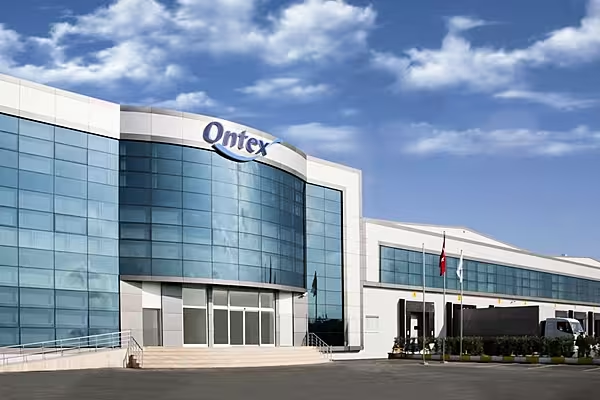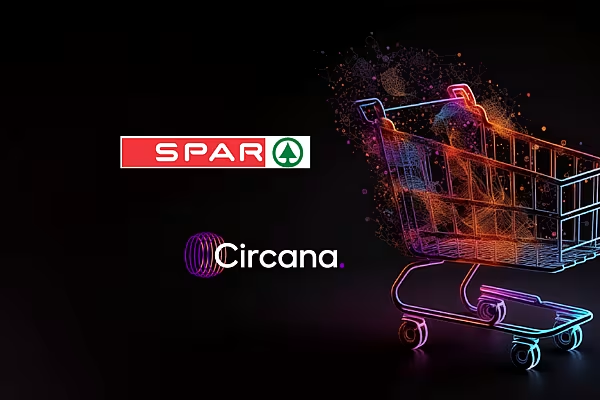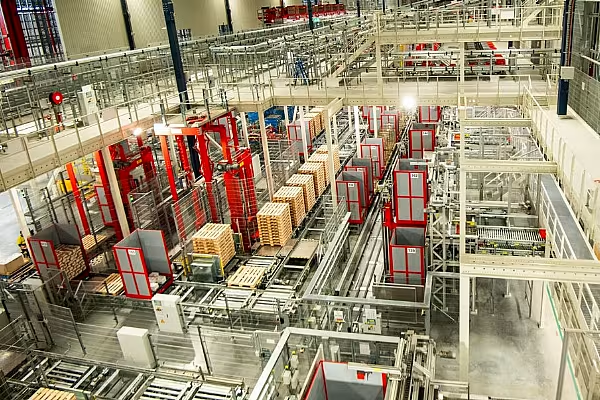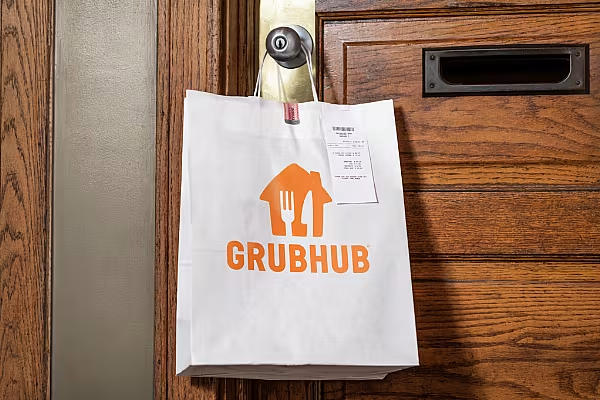Cleanaway – an expert in empties management and sorting systems – uses KNAPP's Reusables Management Solution (RMS) to sort the empties for the SPAR supermarket chain at ten locations.
The cutting-edge technology ensures that the empties are unmixed and quickly ready for re-use. The real champion here is KNAPP's software.
Food retail uses a variety of reusables for transporting and storing fresh foods such as fruit and vegetables, eggs, baked goods, meat and meat products, and for presenting it on supermarket shelves.
All these containers are used over and over for ecological reasons.
Reusables are also steadily on the rise in the beverage industry. Returned bottles and beverage crates must be cleaned and made ready for re-use as quickly and resource-efficiently as possible.
Naturally, this results in higher volumes of empty handling units. However, the systems to handle the flow of returns must first be created or optimised.
Many Happy Returns With Empties
Reusable handling units coming to the Cleanaway sorting systems from food retail are cleaned and made ready for reuse using RMS.
KNAPP's cutting-edge technology makes sure that the returned empties are quickly processed and sorted by type.
The solution’s degree of automation can be adapted precisely to the customer’s requirements.
Apart from beverage and folding crates, the Cleanaway sorting systems also process reusable totes for storing and transporting meat and meat products.
Pioneering Technologies And Software
KNAPP's semi-automatic sorting systems at Cleanaway separate standard handling units automatically and provide empties as unmixed stacks for further use.
The system takes the strain off the team. Cutting-edge image recognition technologies mean that the exact deposit values are booked for each store.
The system features the KiSoft Reusables Control System (KiSoft RCS).
As the central element in the solution, KiSoft RCS coordinates complex material flows, manages all empties and books them quickly by store.
"The main benefit food retailers is that the empty handling units are fully traceable. It’s a plus for the manufacturers too, who are supplied with unmixed empties at the end of the process, ready for further use," explained Manuel Praxmarer, managing director of Cleanaway Österreichs.
Automated Destacking And Sorting
On a separate sorting lane, totes for meat and meat products are conveyed to a fully automatic de-stacking machine, where they are separated and then moved on for further processing.
Rotating pushers divert the beverage crates and foldable crates to the pre-defined sorting lanes.
The empties arrive on the sorting lanes at a convenient height for the employees to manually stack them, forming unmixed pallets.
Empties that cannot be conveyed are booked manually. An employee takes the roll containers with the handling units to the stations and scans them. They are then booked in the system fully automatically
When the process is complete, the sorted pallets are ready in goods-out for the producers and beverage manufacturers to pick up, ready for re-use.
© 2021 European Supermarket Magazine – your source for the latest Supply Chain news. Sponsored post. Click subscribe to sign up to ESM: The European Supermarket Magazine.

















